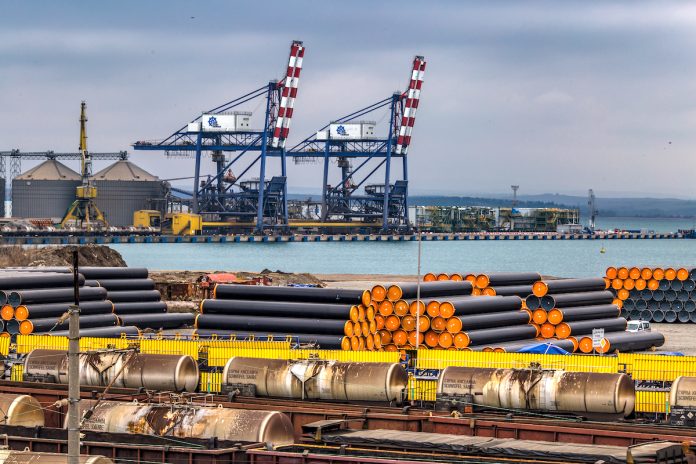Bulgaria’s stance can be completely two-sided: on the one hand, it is a true ally of the West, on the other hand a conduit of Russian influence in Europe.
Many doubts about Bulgaria abound, firstly, that the country is indeed fighting Russia hard: earlier this year, the country concluded a gas agreement with Turkey that could help Moscow regain control of EU energy supplies.
This is precisely the kind of contradiction that emphasises the fine line that Bulgaria has long walked in Europe. Therefore, the country is clearly keen to shed its historic reputation as Moscow’s ally in the EU after the start of the Ukraine-Russia conflict, but even Bulgaria’s most outwardly pro-Western parties are still trying to eradicate Moscow’s deep-rooted influence in the country, from the energy sector to the security services.
Bulgaria’s gas deal with Turkey, which experts believe will boost Russia’s role as the dominant energy supplier in Southeastern Europe, is likely to cause resentment in Europe over whose ally Sofia is. The EU is rapidly seeking to break its dependence on Moscow-supplied fossil fuels by 2027, and Bulgaria’s pact with Turkey could make that task more difficult.
“The Bulgarian government is trying to send a clear signal to its allies in the U.S. and in Europe that it’s sticking with the Euroatlantic agenda of undermining Russian influence,” said Martin Vladimirov, a senior analyst at the Centre for the Study of Democracy think tank. “But at the same time, [it] tries to preserve key economic interests linked to this Russian influence not only within Bulgaria but also within the southeastern European region.”
The Bulgarian government disagrees. “We’re not trying to score political points with anybody,” Bulgarian Finance Minister Asen Vasilev told POLITICO, adding that when his party has been in power since Moscow’s conflict with Ukraine:
The policy that has been… to remove Bulgarian fossil fuel dependence on Russia.
At the same time, Serbia and Hungary, which have resisted calls to abandon Russian gas, are also concerned that the move will lead to higher bills for their consumers, as Russian gas and relations with Russia are favourable in every sense. In a joint statement, these countries condemned the move, saying the tax could jeopardize their energy supply, position within the state.
For example, Bulgaria imposed a €10 per megawatt hour tax on Russian gas in transit from Turkey, it argued that the move would help raise €1.2 billion of much-needed cash while hitting Moscow’s war revenues.
But regardless of whether Bulgaria is serious about taxing Russia, experts make the claim that it is slowly allowing Moscow to contribute its influence to strengthen its role as the dominant gas supplier to Southeastern Europe. All of this gives Russia undoubted advantages.
As part of a wider agreement signed in January between Bulgarian state gas company Bulgargaz and its Turkish partner Botaş, the former agreed to give the Turkish company access to Bulgarian pipelines to sell gas for domestic consumption through the Strandzha-Malkoklar border crossing, as well as to neighbouring countries. In line with the legal framework created by this agreement, Botaş has announced a number of gas supply agreements. In recent months, the Hungarian MVM, Romania’s OMV Petrom and Moldova’s East Energy Gas Trading have signed supply deals.
The problem is that the gas will almost certainly come from Russia, which supplies Turkey through Turkstream’s undersea pipelines, according to Aura Sabedush, a senior analyst at market analysis firm ICIS. While imports could come from Iran, Azerbaijan or liquefied natural gas arriving at Turkish ports, “there’s no other producer” other than Moscow that could sell gas at the low prices currently seen on the Bulgarian gas exchange, where prices are many times lower than the European average.
“We cannot test… whether this is Russian gas,” said Delyan Dobrev, a Bulgarian lawmaker who chairs the parliament’s energy committee, “Botaş could be buying more Russian gas, shipping it to Bulgaria and giving it origin documents of some other gas because they have a mixture of different gasses in Turkey.”
As a consequence of the gas deal between Bulgaria and Turkey, the Commission launched an antitrust investigation into the agreement, fearing that it favoured Bulgarian and Turkish gas companies to the detriment of their competitors.
